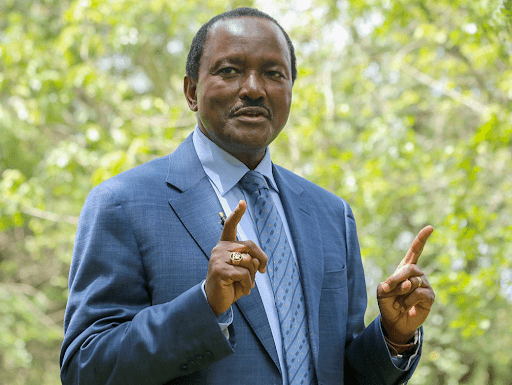Stakeholders have amplified and echoed calls for inclusivity as the climate change conversation reaches a high pitch.
The Open Society on Wednesday organised side events aligned to the climate dialogue.
One forum had various panellists voicing their concern for the need to have gender factored into the conversation.
Led by Nairobi Woman Representative Esther Passaris, they underscored the fact that women bear the greatest brunt of the vagaries of climate change.
When it comes to the just energy transition, questions need to be asked about the transition to what and for whom, Director of Climate Justice at Open Society Foundations Yamide Dagnet said.
“We should not talk about just transition, but just transitions,” Dagnet said.
She said countries’ different geographies, stages of development and the need to embrace sectors beyond energy also need to be considered.
“Such a holistic approach will foster more ownership of the narrative and in reimaging what those transitions mean and how the benefits can be shared equitably,” Dagnet said.
She said the majority of Africans already live in energy-poor situations with women disproportionately impacted.
Director of Africa Resources Governance Institute Ruth Nyambura said while African women's lived experiences as those responsible for farming and cooking were discussed, the climate crisis looms.
" Giving women cooking stoves is not enough as we need to acknowledge that the climate crisis is a systematic structural crisis. It will not be solved by focusing on macro-level solutions," she said.
Professor of fiscal law and policy Attiya Waris challenged the current financial architectures, types of debt governments enter into and the negative consequences.
"Unmarginalised populations, youth, and women’s narratives need to be linked to power, to strengthen movement building, transnational solidarity and inform progressive policies," she said.
An editor James Thuo Gathii underscored the need for climate financing to take a more pragmatic approach.
"The government shouldn’t just rely on the private sector to finance the climate change resilience, adaptation or mitigation aspects," he said.










